The holy month of Ramadan is a time of deep spiritual reflection, communal bonding, and culinary traditions across the Middle East. As the sun sets each evening, families and friends gather to break their fast with iftar, a meal that often transforms the region’s dining culture. While home-cooked feasts remain central, an increasing number of people are turning to restaurants, cafes, and street vendors to experience the diverse flavors of Ramadan. This shift reflects changing lifestyles, economic growth, and a desire for convenience without sacrificing the essence of the season.
In cities like Dubai, Cairo, and Istanbul, the streets come alive after dusk with bustling food markets and pop-up stalls offering everything from dates and laban to hearty stews and grilled meats. The aroma of freshly baked khubz (Arabic bread) and sizzling kebabs fills the air, drawing crowds eager to indulge after a day of fasting. Restaurants compete to create elaborate iftar spreads, blending traditional recipes with modern twists to cater to diverse palates. For many, dining out during Ramadan is no longer just about convenience—it’s a celebration of community and culture.
One cannot discuss Ramadan dining without mentioning the iconic haleem, a slow-cooked dish of wheat, meat, and spices that varies from region to region. In Hyderabad, India, where Middle Eastern influences are strong, haleem becomes a staple during Ramadan, served with fried onions and a squeeze of lemon. Meanwhile, in Lebanon, fattoush and kibbeh take center stage, their vibrant flavors symbolizing the generosity of the season. Street vendors in Amman might offer qatayef, a stuffed pancake dessert exclusive to Ramadan, while luxury hotels in Riyadh present gourmet interpretations of classic dishes.
The rise of food delivery apps has further revolutionized Ramadan dining, allowing families to enjoy restaurant-quality meals at home with minimal effort. Platforms like Talabat and Deliveroo report a surge in orders during the holy month, with peak demand occurring just before maghrib (sunset prayer). This trend highlights a delicate balance between tradition and modernity—while some purists argue that home-cooked meals preserve Ramadan’s sanctity, others appreciate the accessibility of diverse cuisines that might be difficult to prepare at home.
Beyond the food itself, dining out during Ramadan fosters a unique sense of camaraderie. In many Middle Eastern cities, hotels and restaurants set up majlis-style seating areas adorned with lanterns and cushions, recreating the warmth of a family gathering. It’s common to see strangers sharing tables, exchanging stories, and even offering bites of their dishes—a testament to the spirit of generosity that defines Ramadan. For expatriates and travelers, these public iftar experiences provide a window into local traditions and an opportunity to connect with the culture on a deeper level.
However, the shift toward commercialized Ramadan dining hasn’t been without controversy. Some critics argue that the lavish buffets and extravagant spreads in upscale venues contradict the month’s emphasis on moderation and empathy for the less fortunate. In response, many restaurants now incorporate charitable initiatives, such as donating a portion of profits or offering free meals to the needy. This duality—indulgence alongside altruism—mirrors the broader tensions of observing Ramadan in an increasingly globalized world.
As Ramadan continues to evolve, so too does its culinary landscape. From humble street-side iftar meals to high-end gastronomic experiences, the act of breaking bread together remains a powerful unifying force. Whether enjoyed at home or in a crowded restaurant, the flavors of Ramadan tell a story of faith, resilience, and the enduring power of shared meals.

By /Aug 13, 2025
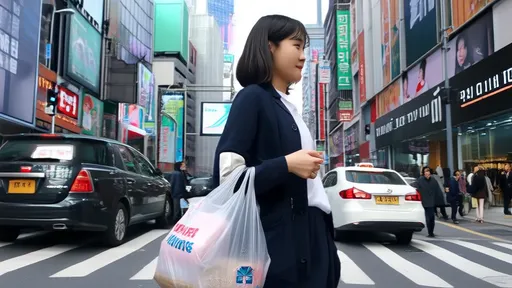
By /Aug 13, 2025

By /Aug 13, 2025

By /Aug 13, 2025

By /Aug 13, 2025
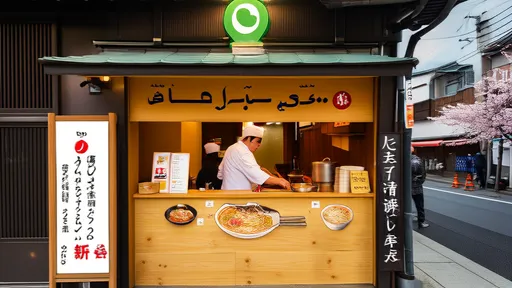
By /Aug 13, 2025
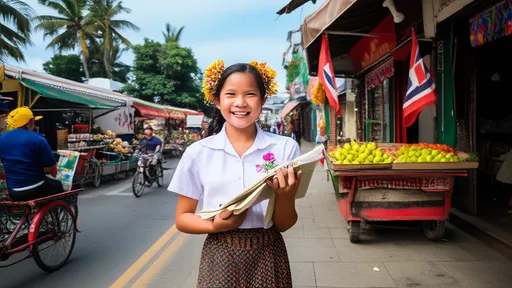
By /Aug 13, 2025

By /Aug 13, 2025

By /Aug 13, 2025

By /Aug 13, 2025
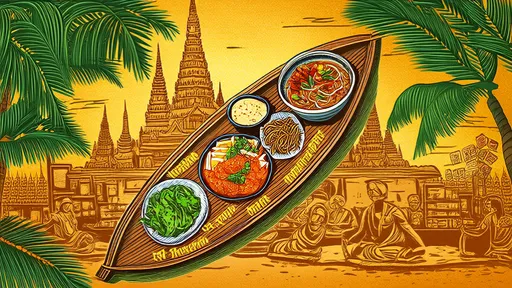
By /Aug 13, 2025

By /Aug 13, 2025

By /Aug 13, 2025

By /Aug 13, 2025

By /Aug 13, 2025

By /Aug 13, 2025

By /Aug 13, 2025
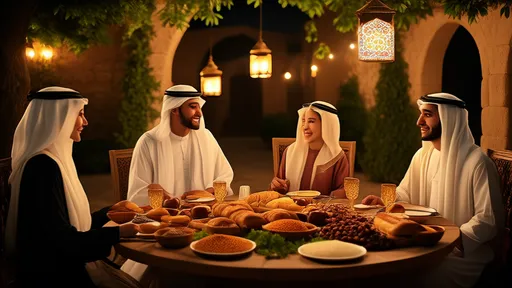
By /Aug 13, 2025

By /Aug 13, 2025

By /Aug 13, 2025